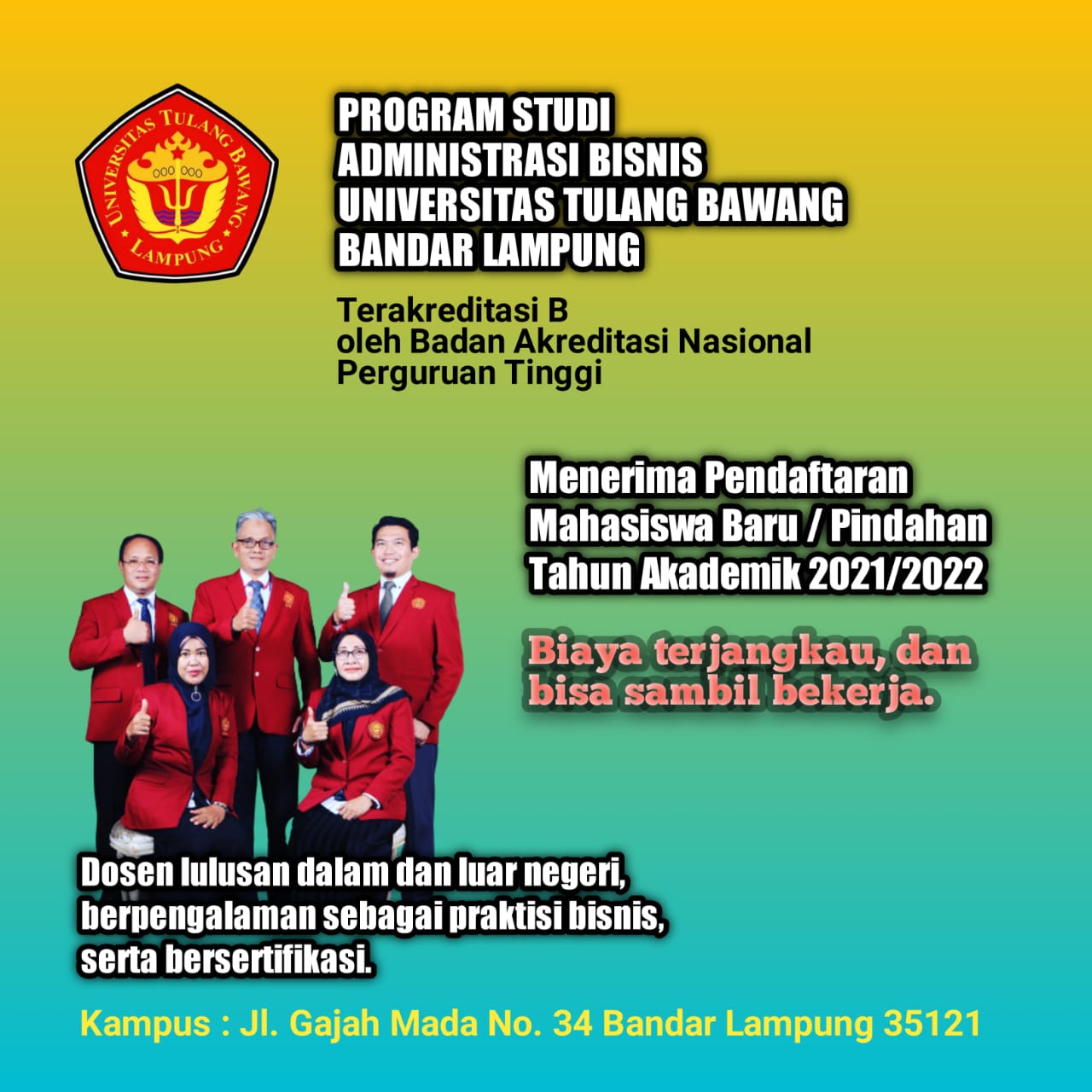Analisis Subsidi Solar Pra dan Pasca Pandemi
DOI:
https://doi.org/10.37090/bpj.v2i1.617Abstract
In terms of implementing the government spending especially for subsidy, continuing improvement of implementation is needed to get more effective and efficient. The Government Expenditure is a program that encourages and maintains public consumption, especially those with low incomes. Completion of subsidy spending is important given the limited fiscal space so that it needs to be implemented as well as possible both in terms of optimization and welfare improvement. Therefore, we analyze the diesel subsidy as one of the fuel subsidies that the Government continues to distribute. This study aims to discuss the distribution of diesel subsidies and their impact on poverty and inequality in Indonesia, especially in the pre and post-pandemic period. How does social distancing as a reaction during a pandemic affect the distribution of diesel subsidies. We use the counter factual analysis method as done by Lustig (2018) through part of the Commitment to Equity (CEQ) method. The results of this study indicate that the diesel subsidy program has a positive impact on poverty reduction but is less effective in reducing inequality. This may be due to the lack of accuracy in targeting poverty targets and distributing welfare. Meanwhile, social distancing seems to have little effect on the distribution of diesel fuel due to a decrease in mobility which lowers the economic price. In the future, this research needs to be refined by involving other government social assistance programs to gain insight from these other programs.
Keywords: subsidy, Benefit Incidence, Commitment to Equity, Counter Factual Analysis
Downloads
References
Ambrus, B., & Grigonyte, D. (2015). Measuring Fossil Fuel Subsidies. ECFIN Economic Briefs, (40). https://doi.org/10.2765/85991
Andersen, Jorgen Goul (2007). Welfare States and Welfare State Theory. Centre for Comparative Welfare Studies Working Paper
APEC. (2012). Reforming Fossil †Fuel Subsidies to Reduce Waste and Limit CO 2 Emissions while Protecting the Poor.
Bappenas RI. (2005). Visi dan Arah Pembangunan Jangka Panjang (PJP) 2005-2025. Retrieved from https://www.bappenas.go.id/files/1814/2057/0437/RPJP_2005-2025.pdf
Bridle, R., Merrill, L., Halonen, M., Zinecker, A., Klimscheffskij, M., & Tommila, P. (2018). Swapping Fossil Fuel Subsidies for Sustainable Energy.
Briggs, Asa (1961). “The Welfare State in Historical Perspectiveâ€, European Journal of Sociology, vol. 2 (2).
Coady, D., Parry, I., Le, N.-P., & Shang, B. (2019). Global Fossil Fuel Subsidies Remain Large: An Update Based on Country-Level Estimates. IMF Working Papers, 19(89), 1–39. https://doi.org/10.5089/9781484393178.001
Coady, D., Parry, I., Sears, L., & Shang, B. (2015). How Large Are Global Energy Subsidies ? IMF Working Paper, 15(105).
Gelb, A., & Mukherjee, A. (2019). Fuel Subsidy Reform and Green Taxes : Can Digital Technologies Improve State Capacity and Effectiveness? Center for Global Development Policy Paper, 149(July 2019).
Harmoko. (2019). Masalah Lapangan Kerja. Retrieved October 30, 2019, from Poskota News website: https://poskotanews.com/2019/03/14/masalah-lapangan-kerja/
Hikam, H. A. Al. (2019). Subsidi Solar Diramal Jebol, Ini Biang Keladinya. Retrieved November 20, 2019, from Detik finance website: https://finance.detik.com/energi/d-4675512/subsidi-solar-diramal-jebol-ini-biang-keladinya
IEA, & OECD. (2019). Update on Recent Progress In Reform of Inefficient Fossil Fuel Subsidies That Encourage Wasteful Consumption.
Lustig, N. (2018). Commitment to Equity Handbook, Estimating the Impact of Fiscal Policy on Inequality and Poverty. https://doi.org/10.1007/s10888-019-09417-7
Lustig, N., & Higgins, S. (2013). Commitment to Equity Assessment (CEQ): Estimating The Incidence of Social Spending, Subsidies and Taxes. In Commitment to Equity Assessment : Handbook. https://doi.org/10.1017/CBO9781107415324.004
Merrill, L., Bassi, A. M., Bridle, R., & Christensen, L. T. (2015). Tackling Fossil Fuel Subsidies and Climate Change: Levelling the energy playing field.
Postic, S., Shishlov, I., Ellis, L., Kerst, J. F., & Kumar, A. P. (2017). Fossil Fuel Subsidy Reforms: State of Play and Ways Forward. Climate Brief n 50, (October), 1–7.
Purbaya, A. A. (2018). Pindahkan Isi LPG 3 Kg ke Tabung 12 Kg, Warga Jepara Ditangkap. Retrieved November 20, 2019, from Detik News website: https://news.detik.com/berita-jawa-tengah/d-3874185/pindahkan-isi-lpg-3-kg-ke-tabung-12-kg-warga-jepara-ditangkap
Tuwu, Darmin (2020). Kebijakan Pemerintah dalam Penanganan Pandemi Covid-19. Journal Publicuho, vol 3 no. 2
Whitley, S. (2013). Time to change the game Fossil fuel subsidies and climate.
Whitley, S., & Burg, L. Van Der. (2015). Fossil Fuel Subsidy Reform : From Rhetoric to Reality. New Climate Economy Working Paper Was.
Wicaksono, P. E. (2018). Pertamina: Solar Subsidi Hanya untuk yang Berhak. Retrieved November 20, 2019, from Bisnis Liputan 6 website: https://www.liputan6.com/bisnis/read/3402566/pertamina-solar-subsidi-hanya-untuk-yang-berhak
Will they ever heed the voice of Britain? (2012). Retrieved October 30, 2019, from Daily Mail Comment website: https://www.dailymail.co.uk/debate/article-2206910/DAILY-MAIL-COMMENT-Will-heed-voice-Britain.html






